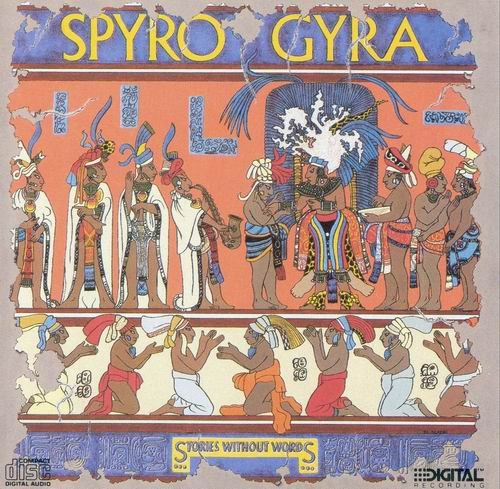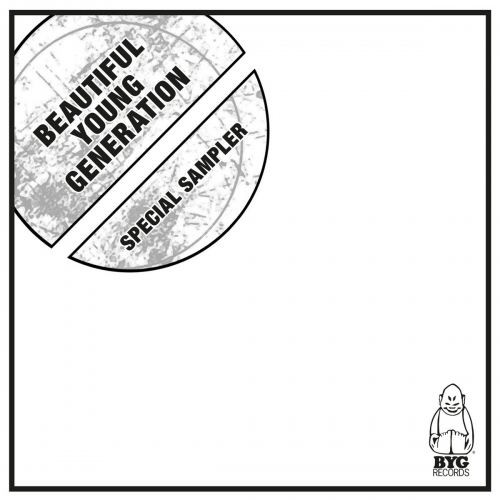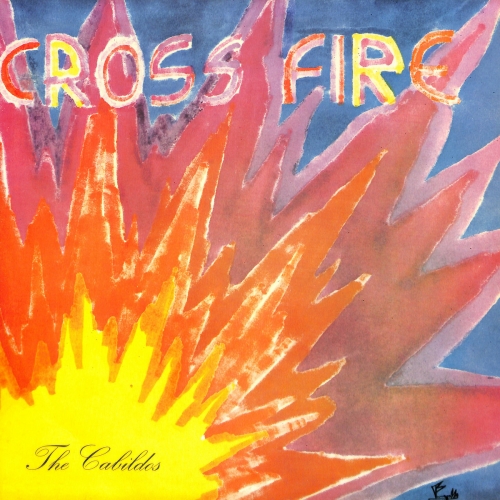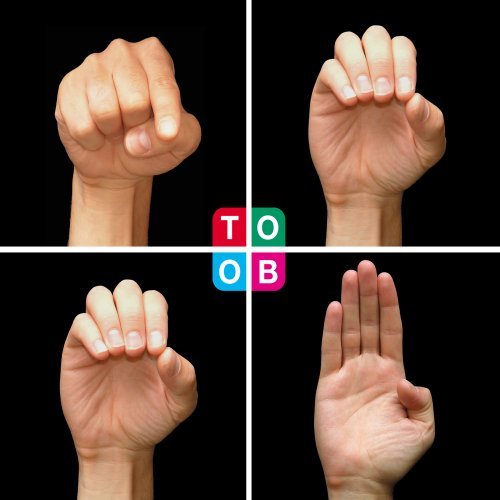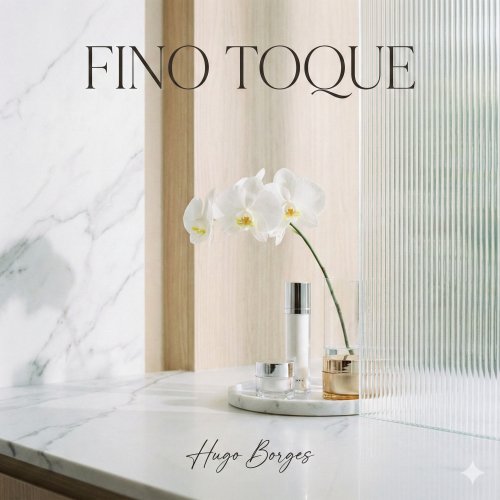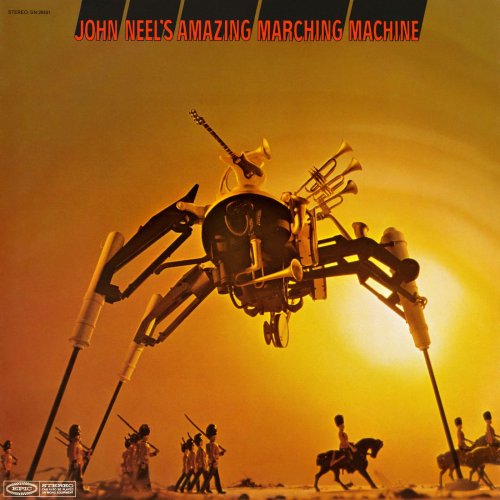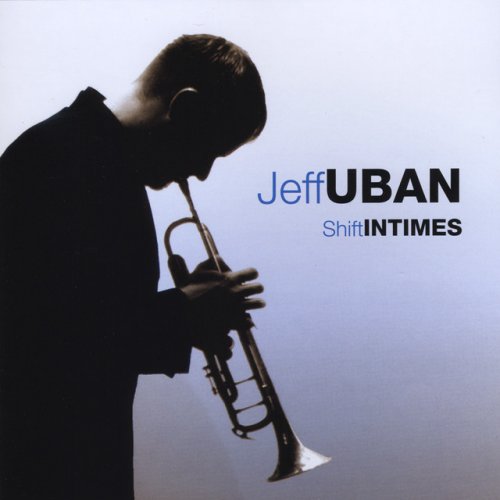Musica Antiqua Köln, Reinhard Goebel - Veracini: 5 Ouvertures (1994)
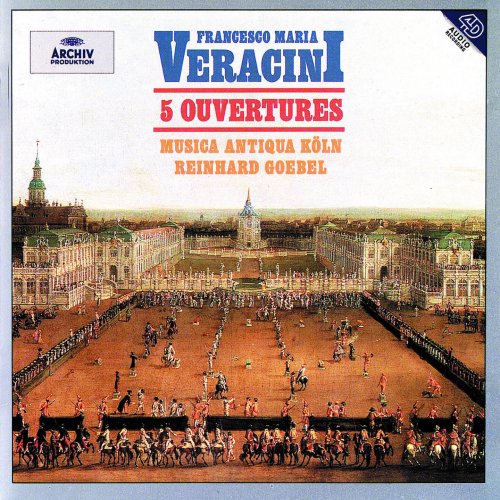
Artist: Musica Antiqua Köln, Reinhard Goebel
Title: Veracini: 5 Ouvertures
Year Of Release: 1994
Label: Archiv Produktion
Genre: Classical
Quality: FLAC (tracks)
Total Time: 70:45
Total Size: 443 / 136 Mb
WebSite: Album Preview
Tracklist: Title: Veracini: 5 Ouvertures
Year Of Release: 1994
Label: Archiv Produktion
Genre: Classical
Quality: FLAC (tracks)
Total Time: 70:45
Total Size: 443 / 136 Mb
WebSite: Album Preview
Francesco Maria Veracini
Ouverture no.1 in B flat major
1. Largo – Allegro – Largo – Allegro
2. Menuett
3. Sarabande
4. Aire
Ouverture no.2 in F major
5. Largo - Allegro – Largo – Allegro
6. Gavotte
7. Sarabande. Lento
8. Menuett
9. Gigue
10. Menuett
Ouverture no.3 in B flat major
11. Largo – Allegro
12. Aire. Allegro
13. Allegro
14. Sarabande
15. Gigue
Ouverture no.4 in F major
16. Largo – Allegro
17. Gavotte. Allegro
18. (Appoggiata)
19. Gavotte ou Rondeau. Allegro
20. Gigue
Ouverture no.6 in B flat major
21. Allegro
22. Largo
23. Allegro
24. Menuett
Performers:
Musica Antiqua Köln
On authentic instruments
Reinhard Goebel
This recording, released in 1994, helped usher in a mini-boomlet of discs devoted to the music of Francesco Maria Veracini, a flamboyant composer/violinist from Florence who, according to the delightful notes here by veteran German historical-performance conductor Reinhard Goebel, called his two Stainer violins Peter and Paul. Veracini spent much of his career at the sumptuous German court of Dresden, and Goebel guesses that it was the set of six overtures or suites from which those on this album are drawn (No. 5 is missing but appears on another disc devoted to Dresden composers) that got Veracini a job at the Dresden court. Given that Veracini was roughly contemporary with Vivaldi and Bach (a few years younger), it's striking how little he sounds like either of them. Where their music -- even Vivaldi's -- is formal and balanced, Veracini's, even when he doesn't have the display element of a solo violin part to rely on, is animated by a spirit of free fantasy. If he takes a shine to what rock musicians would call a lick, he repeats it for a few bars. If he wants a shock effect, he works up the end of a phrase in a strange way and ends on a dissonant chord. He can be impertinent and even, in the sarabandes that are so stately in Handel's hands, broadly satirical. At least this is how they come off in these performances by Goebel and his Musica Antiqua Köln, who perhaps are tweaking the music a bit to match Goebel's overall conception. But they're plainly enjoying themselves, and the performances match what we know about Veracini's personality in general. The sound, originally recorded by Deutsche Grammophon's early music arm Archiv, gets lost in the murky depths of a Cologne church, but at least the booming strings fit in with the tenor of the music. This remains a good place to start with Veracini's music, which will bring smiles and even a laugh from time to time. In the copy received here for review, Goebel's notes appear in English translation only; the translation is a good one.
